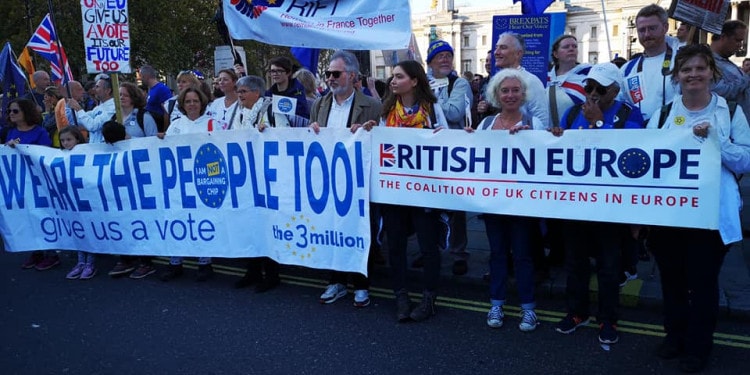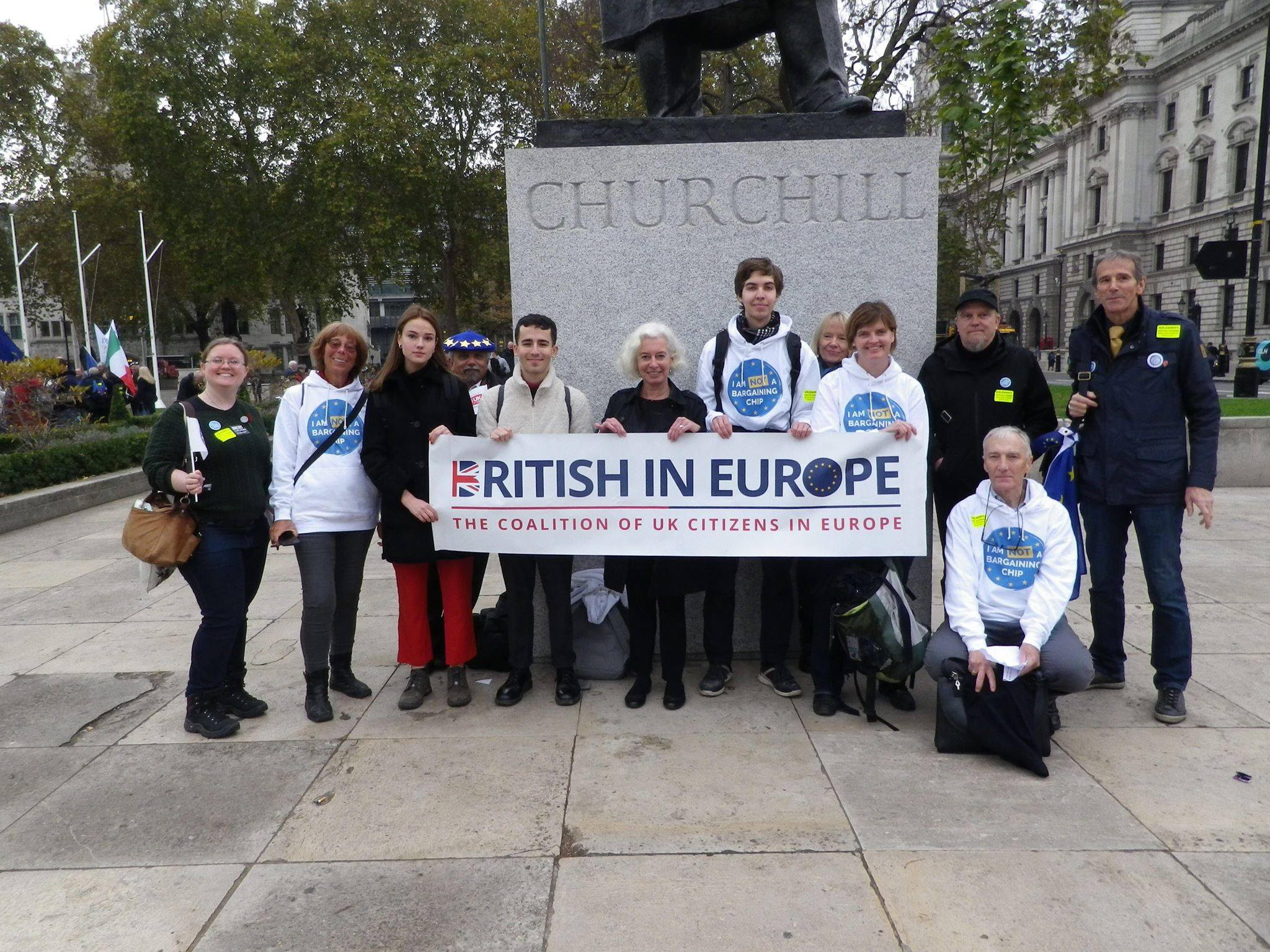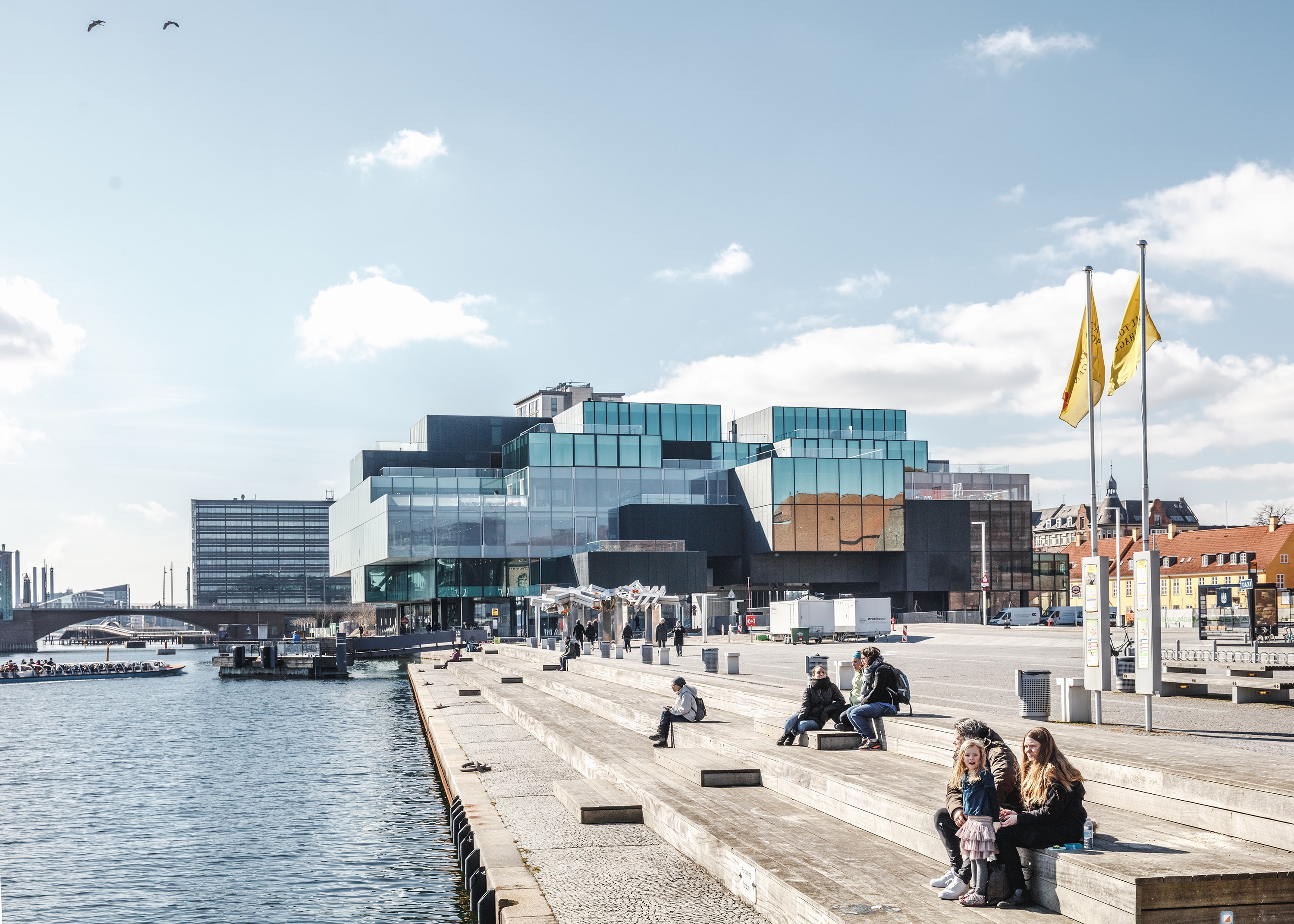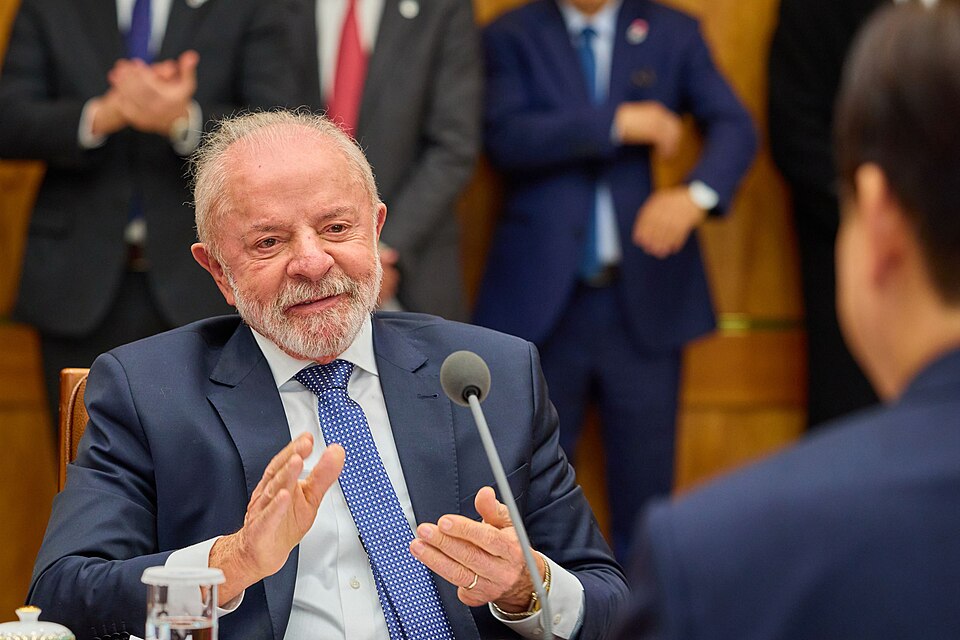On the morning of 24 June 2016, over three million EU27 citizens living in the UK woke up to a different country and a new reality. And so did 1.2 million British citizens living in the EU27 Member States. Since that morning, we have watched as our country of origin insulted our EU27 friends in Britain and negotiated away our EU citizenship and with it, the basis of our lives.
This stripping away of rights did not start on 23 June 2016, but as soon as we left the UK. Until 1985, British citizens abroad could not vote. Since then we have been given the right but then seen it limited to 15 years.
This erosion of our British citizenship rights helped pave the way for the elimination of our EU citizenship rights in 2016. When the referendum was called, some of the UK citizens’ groups across the EU27 countries who later became part of British in Europe, sent around 100,000 emails and letters to lawmakers asking to be included in the franchise for the vote. We were ignored and an estimated 60% of British citizens living in the EU27 were unable to vote, in the most important UK political event of our lives.
In June 2016, British citizens in the EU27 embarked on a grieving process and many of us got stuck somewhere between the stages of anger and bargaining. Like our EU27 counterparts, we were not slow to mobilise after the vote. We began campaigning side by side with the3million with the objective of ensuring that citizens’ rights were a priority for inclusion in the Article 50 Withdrawal Agreement.
IN THE PHOTO: Members of British in Europe in front of Winston Churchill statue. PHOTO CREDIT: British in Europe.
The outcome of two years of hard work and joint campaigning has been mixed. All parties agreed – or at least paid lip service to the idea – that citizens’ rights would be a negotiating priority. Promises were made, notably by Theresa May in January 2017 and Michel Barnier in May 2017, that our daily lives would not change.
The draft Withdrawal Agreement was published in March 2018. It confirmed the right of British citizens to continue living in our host member state and to continue working in another if we met the definition of a frontier worker, it confirmed pensions aggregation, social security coordination and healthcare provision.
What it didn’t give us, inter alia, was continuing free movement for UK citizens across the rest of the EU27, mutual recognition of British qualifications unless previously recognised in our host state (1), the right to provide cross-border services as an independent contractor, voting rights or the ability to return to the UK with a non-British partner after transition under more favourable EU rules. All of these omissions will seriously affect tens of thousands of lives and livelihoods. To add insult to injury, the draft agreement confirmed what we had feared would happen since the UK government decided to introduce a new system whereby our EU27 friends in the UK would have to apply for a new status: the same system could be applied to us by Member States.
Over the summer we worked with the3million in the hope of amending the text – they also had concerns with the provisions on settled status, governance and family reunification. We called on the European Parliament to stand firm on the red lines in their December 2017 and March 2018 resolutions and we asked the EU and the UK to rethink their position, especially on continuing free movement for British citizens in the EU and settled status.
On 14 November, 2018 we got our answer.There had been no substantive changes to the text on citizens’ rights since March. The redlines of the European Parliament had been written in dissolvable ink and neither Theresa May nor Michel Barnier had delivered on their promises that the daily lives of 5 million EU citizens would not change.
British in Europe will continue with its campaign on citizens’ rights but there appears to be little doubt that the European Parliament will give its assent to the Withdrawal Agreement, even though its red lines on citizens’ rights have been largely ignored by the negotiators. As one member state Brexit coordinator told me a few months ago, “The European Parliament will vote for whatever deal is put in front of it.”
Our attention will now focus on Westminster. In August 2018 British in Europe came out in support of remaining in the European Union as the only way of maintaining all our current rights, and a Peoples’ Vote on any eventual deal.
 IN THE PHOTO: Fiona Godfrey, Co-Chair of British in Europe meeting with French Senator Olivier Cadic PHOTO CREDIT: British in Europe.
IN THE PHOTO: Fiona Godfrey, Co-Chair of British in Europe meeting with French Senator Olivier Cadic PHOTO CREDIT: British in Europe.
Set against the rock of Theresa May and Jeremy Corbyn’s resistance to the idea of a Peoples’ Vote and the hard place of the European Parliament elections in May 2019, it is difficult to see where the time could be found to adopt legislation to enable a new vote or even the political will to call one. But we are in uncharted territory so who can really say what the next weeks will bring.
We will also monitor the passage of the deal through the UK Parliament as we know that a no deal would be catastrophic for British in Europe. As the French Europe Minister pointed out recently, overnight, hundreds of thousands of us could become illegal aliens in our host states, unable to work, study or travel around the EU.
These Brexit negotiations have been a steep learning curve. I never expected Theresa May to support my free movement rights. After all, she has made a career out of creating a hostile environment for immigrants and wilfully misunderstanding what free movement means.
 IN THE PHOTO: Members of British in Europe at the People’s Vote March. PHOTO CREDIT: British in Europe.
IN THE PHOTO: Members of British in Europe at the People’s Vote March. PHOTO CREDIT: British in Europe.
But I did hope that the EU27 and the Commission would recognise the contribution made by the 5 million of us who have exercised our free movement rights and moved across the Channel to work, live and love because we are the children of the European project. We have taken the EU citizenship rights given to us in the EU treaties, secondary legislation and CJEU case law and breathed life into them, made them meaningful and real. But when we found ourselves on the wrong side of a vote in which we had no say, even the EU let us down. Our EU citizenship rights have been shown to be a Ponzi scheme: we invested in good faith but when we needed to collect on our investment, it disappeared into thin air.
We fear the EU has made a huge strategic mistake in joining Theresa May and taking the low road. As it goes into the European Parliament elections next May trying to persuade voters of the benefits of EU membership, the EU has taken the single most important achievements of the EU project – EU citizenship and free movement – and sacrificed them to achieve this deal. We could have been a powerful example of the EU’s values in action, living, breathing examples of what the EU does for its citizens. Instead, we have simply been one bargaining element in complex negotiations, presenting a huge gift to nationalist parties who will point to us and say, “What did we tell you? The EU doesn’t have your interests at heart”. We are third country nationals now.
(1) Or in our state of employment if we are a frontier worker.
IN THE COVER PHOTO: Members of British in Europe at the People’s Vote March. PHOTO CREDIT: British in Europe.
EDITOR’S NOTE: THE OPINIONS EXPRESSED HERE BY IMPAKTER.COM COLUMNISTS ARE THEIR OWN, NOT THOSE OF IMPAKTER.COM









